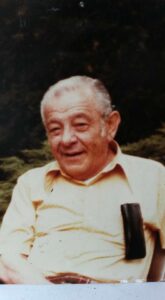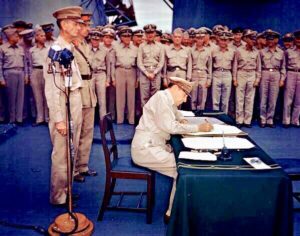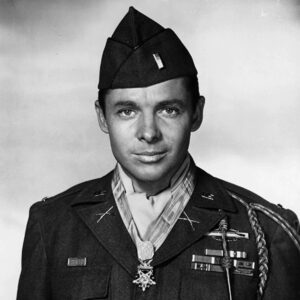First, a touch of family history as we prepare to commemorate a holiday to honor those who have fallen in combat.
My Dad and one of my uncles endured the horror of combat during World War II. Dad served in the Navy and my uncle served with an Army aviation unit. Another uncle went through the same while leading an Army infantry company during the Korean War. Many of us from the high school class of 1967 in Portland, Ore., went to war during Vietnam.
Despite all of that, I lost no one close to me during all that exposure to enemy fire. So, Memorial Day, while important and significant to Americans as we honor those who have paid the ultimate price to service to the country, is not an event that sends me spiraling into personal grief.
I have written before on this platform about a young man I knew in Vietnam who did pay the price. His name was Jose DeLaTorre. He hailed from Fullerton, Calif. In July 1969, he mounted a UH-1 Huey helicopter, strapped himself into an M-60 machine gun and ferried some troops to what they all thought would be a routine drop-off. It wasn’t.
The enemy was waiting for our guys at the landing zone and they opened fire with intense fury. Jose died that day. I didn’t know him well. In fact, I knew him only well enough to congratulate him on the orders he had gotten that would send him home after spending about 20 months in Vietnam.
So, I will honor the day by remembering Jose’s service and his sacrifice along with all the many thousands of other Americans who died in service to the nation they — and we — all love with every fiber of our being.


